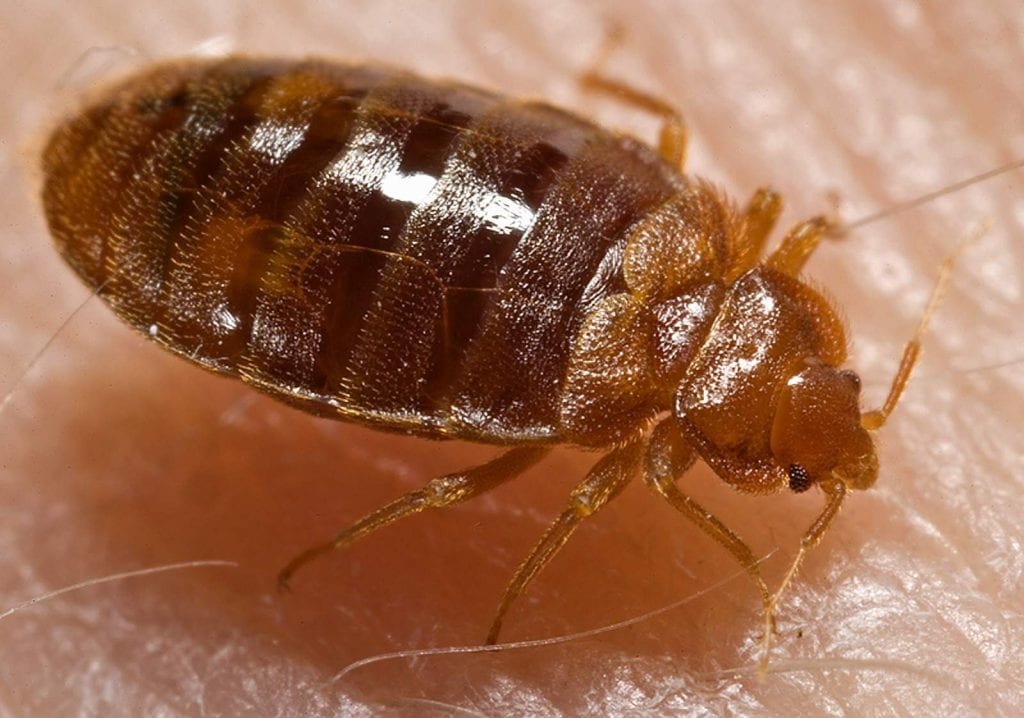By Carl Brown
Bed bugs are pests that are known for their irritating bites. They are also associated with lack of hygiene but the reality is that they can be found anywhere, even in spotlessly clean rooms. People are advised to learn as much as they can about bed bugs in order for them to be able to make informed choices about their health, protecting themselves as they travel and keeping bed bugs under control.
Potential Health Risks of Bed Bug Infestations
- Bed bugs need blood for reproduction and life cycle completion. Bed bugs affect people in different ways but slightly swollen and red itchy bumps can be expected by everyone. The bites are not typically painful but when bed bugs frequently feed on your blood,and this can interfere with your sleep and make you anxious or irritable.
- Seeing the physical signs of the bed bug bites can be quite distressing for many people. Constant feeding by the bed bugs can lead to a substantial loss of blood, anemia and even malnourishment among children.
- Human disease agents that include bacteria and viruses have been found in bed bugs but they are not known for reproducing or multiplying within the insect. Their survival within a bed bug for a period of time is limited. There is also no scientific or medical proof that bed bugs can transmit human diseases through infected excrement or bites.
Bed Bugs and Sleeping Areas
Bed bugs are nocturnal and are likely to be hiding during the day. Their flat bodies enable them to hide in different places. Common hiding places for bed bugs include loose floors, mattresses, box springs and behind wallpaper. Sleeping areas give bed bugs somewhere to reside and a constant supply of blood. Find out about heat vs. chemicals bed bug treatment here.
Dispersal of Bed Bugs
People facilitate the movement of bed bugs through infested linen, luggage and furniture. Traveling from a region that has a high rate of infestations is a major source of bed bug dispersal in public establishments. Contrary to popular belief, bed bugs can be found in both sanitary and unsanitary conditions.
Bed bugs will usually feed while people sleep at night but can also take advantage of dark areas during the day. When feeding on humans, they usually aim for exposed parts of the skin such as the face and neck. The bites are not typically painful and individuals may not realize they are being bitten during feeding.
Avoiding Bed Bug Bites
To avoid bed bug bites, you need to prevent infestations. Search your sleeping area thoroughly for symptoms of infestation. While staying in a hotel, make sure you report signs of infestations as soon as possible to control the situation and limit the spread of bed bugs.
Check on your items before you leave the hotel room and before you take them back home. Controlling bed bug infestations is easier when you detect them early. You may need to consult pest control professionals who can give you insight into the best ways to treat areas where the bed bugs are hiding.
Image Credit: https://upload.wikimedia.org/wikipedia/commons/8/87/Bed_bug,_Cimex_lectularius.jpg
Bio
Carl Brown is a professional writer and has been writing for various online publications for 5 years. Previously, he worked at a local media house where he specialized in health and business news coverage. For more about heat vs. chemicals treatment, click here.
If you would like to submit a guest post on food, wine or travel to Where and What in the World, I would be happy to feature your travel experience , drink, special wine tasting, or family or simply delicious recipe. If you go to submission tab, you will see how to submit, as well as have the opportunity of telling me if you would like to would like to be a regular contributor. When uploading a file for submission, you are also able to upload jpgs. Please feel free to put a last paragraph about you and a link to your profile. No html please. You can also include a head shot.












